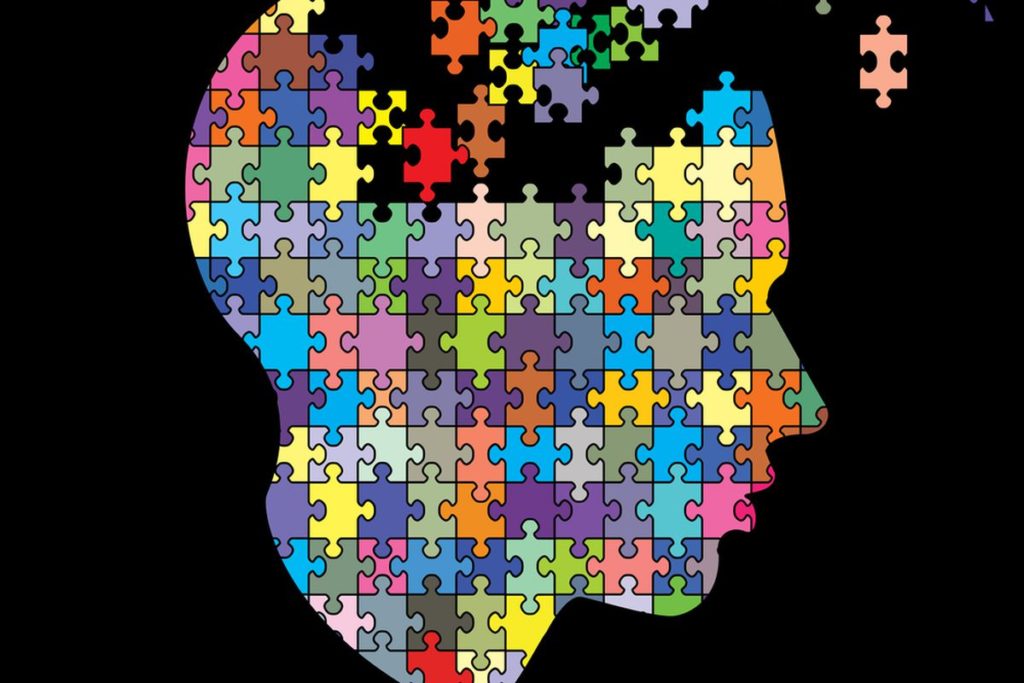
Diagnosed with Cancer? Your two greatest challenges are understanding cancer and understanding possible side effects from chemo and radiation. Knowledge is Power!
Learn about conventional, complementary, and integrative therapies.
Dealing with treatment side effects? Learn about evidence-based therapies to alleviate your symptoms.
Click the orange button to the right to learn more.
- You are here:
- Home »
- Blog »
- side effects ID and prevention »
- How Long Does “Chemo Brain” Last?
How Long Does “Chemo Brain” Last?

Chemo brain is a lasting condition that affects one’s cognitive function after undergoing chemotherapy. What cancer patients may know as chemo brain is actually a blanket statement that encompasses all adverse side effects of chemo on the brain as well as the effect of cancer itself.
This damage is caused in part by chemotherapy drugs damaging cells in the brain, according to an article by Meredith Begley. “ Chemotherapy contains chemicals that work to fight cancer, but since it courses throughout the body, it can affect healthy cells as well. That said, nobody knows why exactly chemo brain happens,” Begley writes.
Although there isn’t enough information to conclude why chemobrain happens, it’s widely thought to be the result of inflammation brought on by cancer as well as chemotherapy damaging brain cells.
Because of the multitude of factors that cause this loss of cognitive function, the side effect is referred to all together as chemo brain. The effects are described generally as a loss of focus, like a “fog,” as stated in an article titled, ‘Chemo brain’: An imprecise term for a complex phenomenon. “The various cognitive impairments collectively known as “chemo brain” can cause anxiety, frustration, and difficulty with everyday tasks for cancer survivors… cancer-related cognitive impairment can manifest in many ways, but the most common symptoms include
- lack of focus,
- issues with verbal or visual memory,
- shortened attention span,
- difficulty multitasking,
- and an overall feeling of fogginess.”
This brain fog and lack of attention span or memory is something that I’ve witnessed firsthand living with a cancer survivor my whole life who underwent chemo.
My dad, David Emerson, often complains about these exact symptoms. He has trouble multitasking, requesting no interruptions when watching a movie, or needing unwavering focus to respond to a work email. He also has trouble with memory, often repeating himself or forgetting the detail of a story.
These may seem like symptoms of old age, but dad is a health-conscious 62-year-old and swears that this trouble focusing and remembering began after his chemotherapy treatment which he underwent in 1995-97.
As an observer, his struggles with memory and focus remind me of ADHD symptoms or the early stages of dementia. It has been a long time since his conventional treatments, but chemo brain varies in how long it lasts.
According to the above article by Begley, most patients undergoing chemotherapy stop having symptoms after treatment, but the more intense the treatment, the more damage could occur.
The proposed cure for chemo brain in both articles referenced previously come down to lifestyle improvements. Diet and exercise are the most important factors for brain health.
An article called “How Long Does Chemo Brain Last” mentioned that studies were being conducted on mice subjected to chemo, testing the positive effect of omega-3 fatty acids. The supplement has been known to improve memory.
There is emerging evidence that aerobic exercise supports cognitive recovery. The above article, ‘Chemo brain’: An imprecise term for a complex phenomenon, states that cognitive training exercises also improve these areas of the brain. “
In recent years, there also has been steady increased interest in nonpharmacological interventions. Sharafeldin is leading a computer-based cognitive training intervention (cTAG) at UAB… patients undergoing allogeneic HSCT receive 12 weeks of online cognitive training, and their cognitive function is measured prior to and after training to evaluate efficacy of the intervention,” Sharafeldin said. “These approaches are mainly restorative, and the premise is that they will subsequently promote improvements in everyday activities.”
My dad takes part in these lifestyle treatments. He takes fish oil pills, which contain Omega-3 fatty acids, works out daily, and uses brain training software on the computer to improve his recall ability. According to him, they have improved his memory since he added them to his daily routine.
Alexander Emerson
- Cancer Caregiver
- Writer
I often lament “I wish I knew then what I know now. In the case of chemo brain, I would have exercised, supplemented and played brain games before, during and after my chemotherapy.
I’ve always believed that cognitive dysfunction aka chemo brain increased my chances of developing dementia on my way to full-blown Alzheimer’s Disease. As you can imagine, I’ve made healing my chemo brain a priority in my life.
- Multiple Myeloma – Healing My Chemo brain-
- Chemo brain – Myeloma – Prevent, Heal –
- Chemo brain- Breast Cancer
- Dementia/Alzheimer’s? Brain Supplements, Brain Training
- Life Purpose = Brain Health, Dementia, Mild Cog. Impair …
David Emerson
- Cancer Survivor
- Cancer Coach
- Director PeopleBeatingCancer


